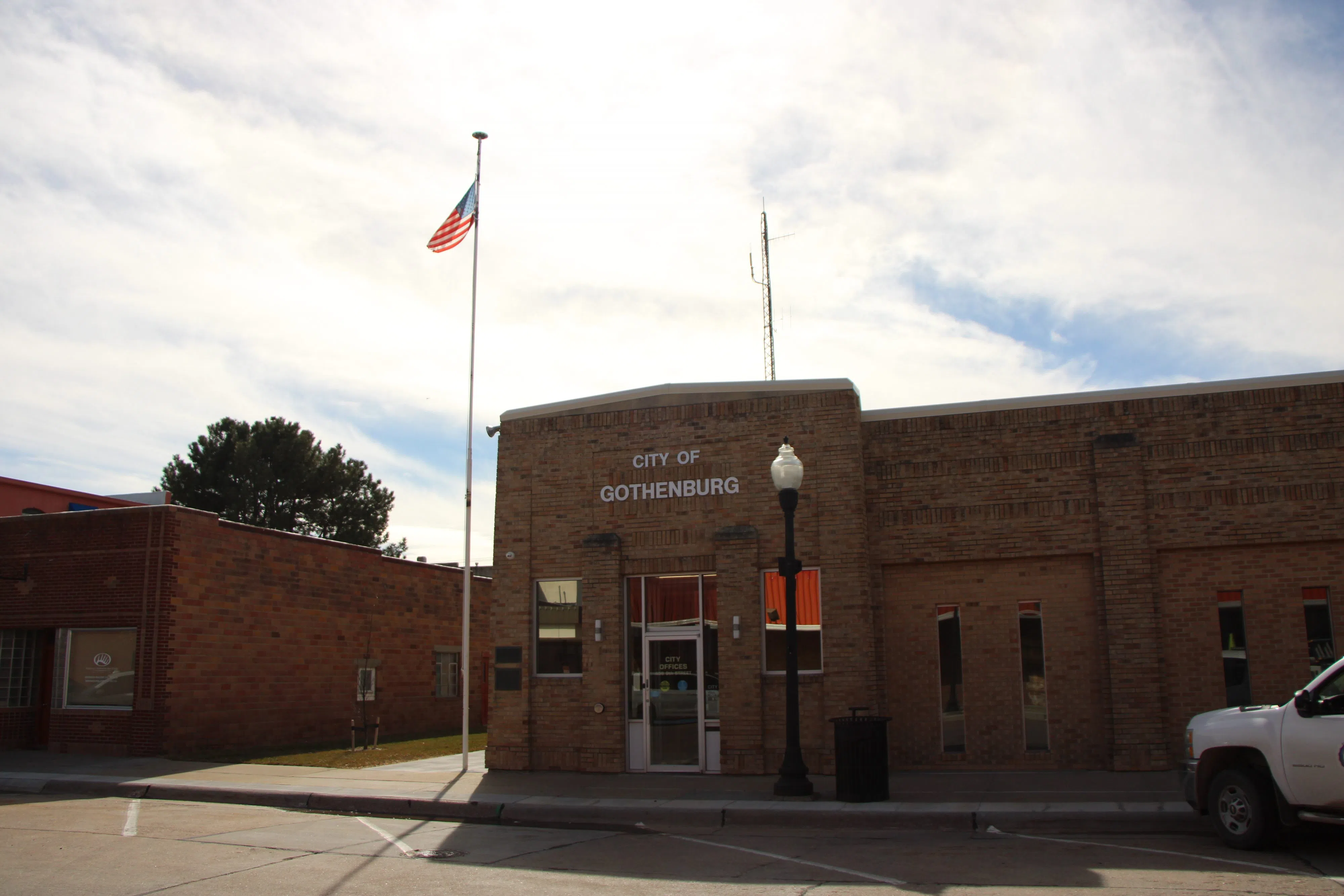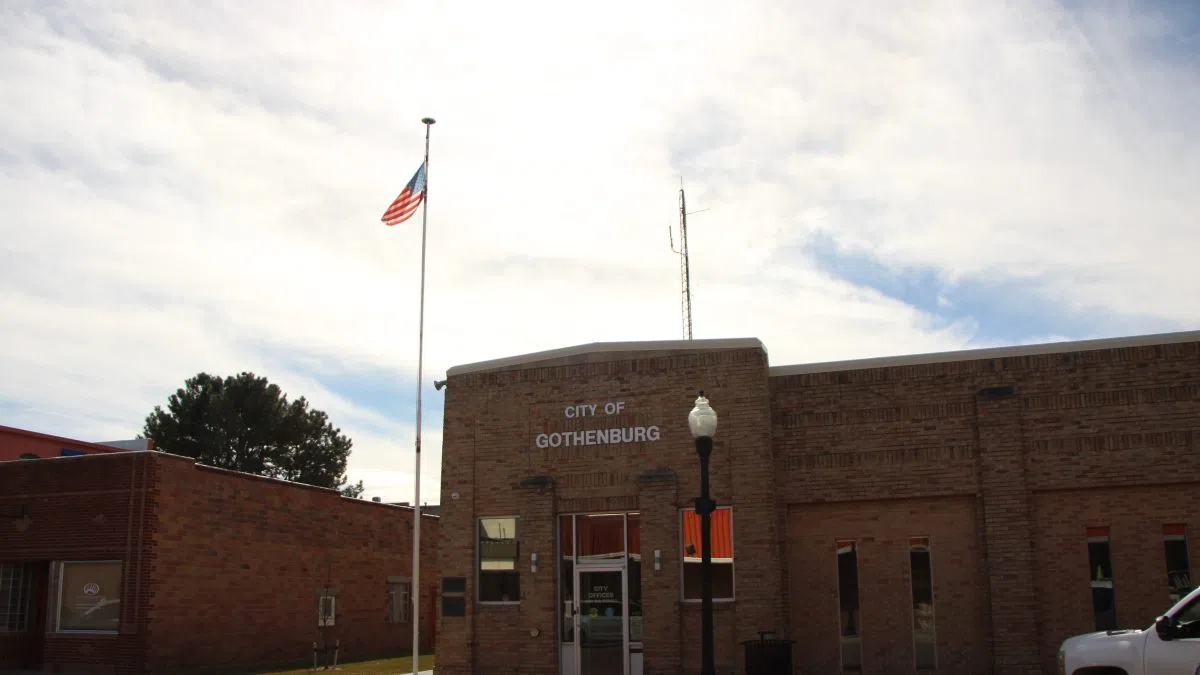
Gothenburg City Office, (Brian Neben, Central Nebraska Today)
GOTHENBURG – The City of Gothenburg advises residents that the boil water order due to the presence of E. coli bacteria remains in effect while additional rounds of testing have been conducted.
The city released a timeline of events that led to the boil water order.
A routine test for E. coli was conducted on August 7. On August 9, the city was notified of a positive test result; at that time, no evidence of E. coli had been detected.
Additional testing was needed in the area, and the state is not requiring public notification at this time because of the possibility of a false positive test result.
“The state does not consider a positive test for coliform bacteria to be a health risk for the population until further tests are carried out,” says a statement from the city of Gothenburg. “The state requires three rounds of testing after a positive result from a routine bacteria test.”
On August 14, the first round of follow-up testing took place at the original site, along with one site upstream and one downstream of the surrounding area and two wells that were in operation at the time. Samples were returned to a state laboratory the same day.
On August 16, results from the August 14 test showed that the site upstream tested positive for E. coli bacteria, leading to a state boil water order.
The City was notified of the boil water order at 1:30 p.m. and arranged for this information to be communicated to the public through various means.
A second round of testing was conducted on August 20, consisting of eight tests at the original site, two sites upstream, two sites downstream, and three sites throughout the city.
The samples were returned to the state the same day.
Although not required by state law, the city began chlorinating all three wells on August 20.
A third round of testing was conducted on August 21, consisting of nine tests, covering the original site, two upstream and two downstream sites, and four scattered sites throughout the municipality. Samples were shipped to the state the same day.
According to the city of Gothenburg, residents should continue to adhere to the boil water order until further notice.
E. coli bacteria indicate that the water may be contaminated by human or animal waste. Human pathogens in water can cause short-term effects such as diarrhea, cramps, nausea, headaches, or other symptoms.
This may pose a greater health risk to infants, young children, the elderly, and people with weakened immune systems.
Residents of Gothenburg are advised not to drink water without boiling it first. Water should be boiled for one minute and then cooled before use. Boiling kills bacteria and other organisms in the water.
Bacterial contamination can occur when increased runoff water enters a drinking water source; it can also be caused by a break in the distribution system or a fault in water treatment.
Other tips on water consumption during the boil water order were also given.
According to the city, residents can use tap water and soap to wash their hands in many cases during the order. It is recommended that you wash your hands with soap and water for at least 20 seconds and then rinse them thoroughly under running water.
In terms of hygiene, the city advises not to swallow water when bathing or showering. Parents or caregivers should be careful when bathing babies and young children.
Brushing your teeth should be done with cooled bottled water or boiled water.
Residents are advised to use disposable plates, cups and cutlery when washing up whenever possible.
Anyone who has to wash dishes is asked to follow the following instructions:
Household dishwashers are generally safe if the water reaches a temperature of at least 150 degrees during the last rinse or if the machine has a disinfection cycle.
To wash dishes by hand: Wash and rinse dishes as usual with hot water. In a separate basin, add one teaspoon of unscented liquid household bleach per gallon of warm water.
Soak the dishes in water for at least one minute and allow them to air dry completely before using again.
Pets can become ill from the same germs and bacteria as humans. They should be given bottled or boiled water that has been cooled.

